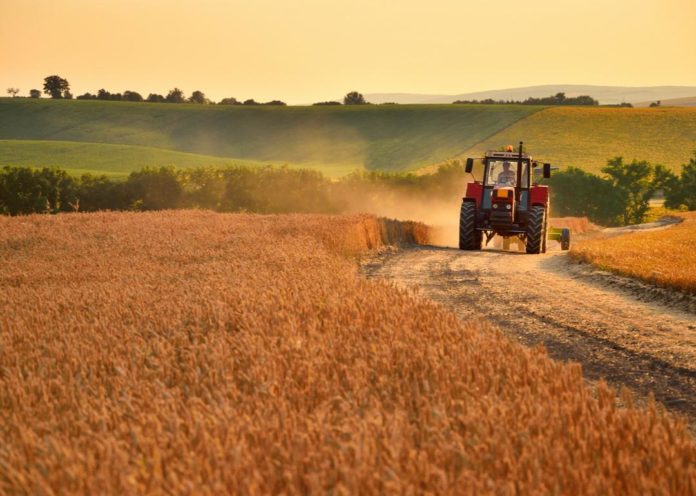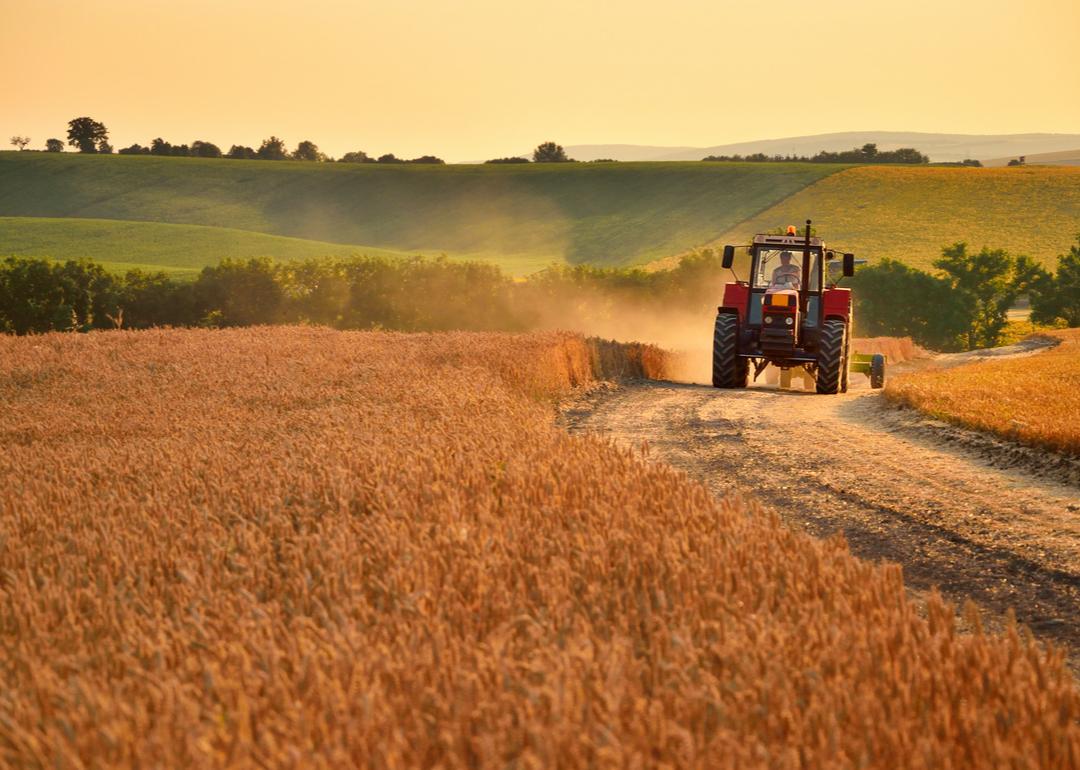The US government is refusing to send water to California farmers amid the third year of severe drought in the state but is using the water to protect an endangered fish.
The majority of US fruits, nuts, and vegetables are grown in the region.
Ernest Conant, regional director for the U.S. Bureau of Reclamation issued a statement about their refusal on Wednesday.
“It’s devastating to the agricultural economy and to those people that rely on it,” Conant said. “But unfortunately we can’t make it rain.”
The Westlands Water District said in a release this was the fourth time in the last decade that south of Delta irrigation contractors received no allocation, according to a report from The Hill.
“Within Westlands, the continued drought conditions in 2021 resulted in over 200,000 acres fallowed, countless lost jobs, and thousands of acres of food unharvested,” the district said. “The circumstances in 2021 and those facing us in 2022 demonstrate the need invest in infrastructure to better manage the State’s water resources.”
Much of the water available is currently allocated to the San Joaquin-Sacramento River Delta, a sensitive environmental region home to endangered species of fish, due to a state law protecting them.
“Despite that, endangered species of fish — including salmon — have been dying by the thousands because there hasn’t been enough cold water for them to survive,” the Associated Press reports. “In a news release, the Westlands Water District said it was disappointed with the allocation but understood the drought and environmental laws ‘prevent Reclamation from making water available under the District’s contract.’”
Gov. Gavin Newsom declared a drought emergency last year. Over 37 million people in the state are currently effected.



